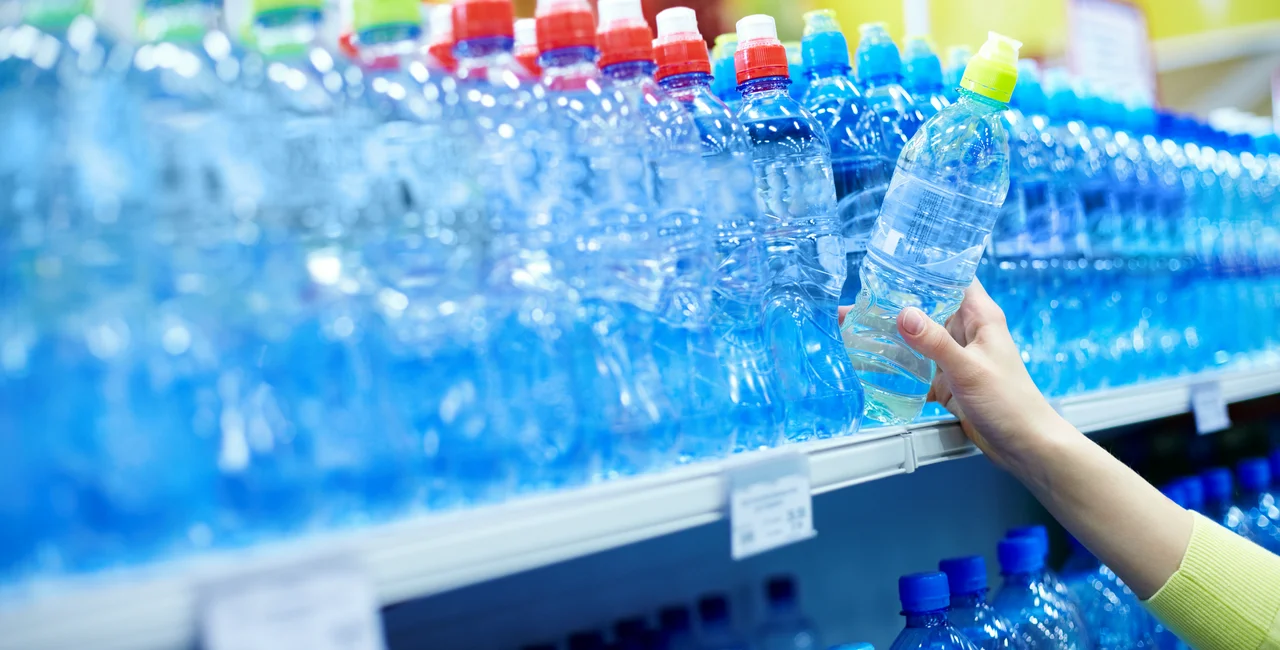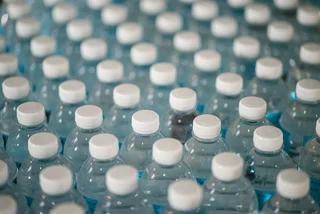The City of Prague has recently endorsed a move from the Ministry of Environment that seeks to introduce a deposit and backup system of PET (polyethylene terephthalate) bottles and containers. This will see consumers in the capital (and across the country) pay CZK 4 to CZK 5 extra for buying PET containers and bottles, and would obligate some sellers to have return points.
The new system will allow for the recycling of used beverage bottles and containers into new ones, a process that is currently not widely practiced. Minister of the Environment Petr Hladík says: "Thanks to the deposit system, we will be able to decrease the amount of waste and bring tangible benefits to Prague and all municipalities and cities."
How does it work?
When fully implemented, the new scheme will force producers and sellers to charge a deposit on top of the price of a beverage – this will be no more than CZK 5 for PET bottles and containers.
PET bottles are commonly used for packaging beverages and other liquids and are found in many households and businesses worldwide. Globally, PET bottles make up about 14 percent of all plastic packaging waste.
The deposit will be charged for all soft drinks in plastic bottles or containers of 0.1 to 3 liters. Alcoholic beverages with an alcohol content of up to 15 percent will also be subject to the charge. Milk, dairy products, and disposable glass packaging will be exempt, according to the Environment Ministry.
Small shops, kiosks, and municipalities may join the system on a voluntary basis. The government plans to introduce about 11,000 collection points where people can take back their PET bottles.
Consumers can get their deposit back if they return their empty bottle or container to a shop. According to the Ministry of the Environment, all shops and petrol stations over 50 square meters will need to have a return, or “take-back,” area. Municipalities in Czechia will get a “small reward” for their handling of the PET system.
A near-identical system is currently in place for certain drinks in glass bottles – CZK 3 are added to the price and refunded once the empty bottle is returned.
When will the system come into force?
The system is expected to begin working in mid-2025, with full operation set for the start of 2026 in Prague.
Why is Czechia doing this?
In short, to save on waste, and improve recycling and reuse rates.
According to available data from the Environment Ministry, plastic and metal waste make up one-seventh of the total waste found in the center of Prague. Reducing this amount could significantly impact the cleanliness of the city and its waterways. In 2021, only 42 percent of all plastic waste was recycled in Prague.
The government says that – with thanks to the new system – 90 percent of all PET-related waste should be returned, where it will then be recycled and reused. The state has also introduced a new Packaging Act, where – from 2025 – PET bottles with a capacity of up to 3 litres must contain at least 25 percent of recycled plastic.
Deputy Minister for the Environment Jana Komrsková emphasizes the success of similar systems in Europe, stating: "Financial incentives have proven to be effective in reducing waste in public spaces. The introduction of the deposit system in Prague will not only improve the cleanliness of our city, but also have positive environmental and economic impacts."
Germany has a well-established (and successful) deposit-return scheme, with a return rate of over 95 percent. Slovakia introduced the system last year, although the obligation to pay a deposit and take back the bottle or container only applies to shops with an area of over 300 square meters.
Will Prague benefit economically?
Most certainly. Prague would generate around CZK 70 million more from the scheme. Komrsková also points out that less garbage would reduce the frequency of waste collection, which could net the capital CZK 18 million annually.












 Reading time: 3 minutes
Reading time: 3 minutes 




























